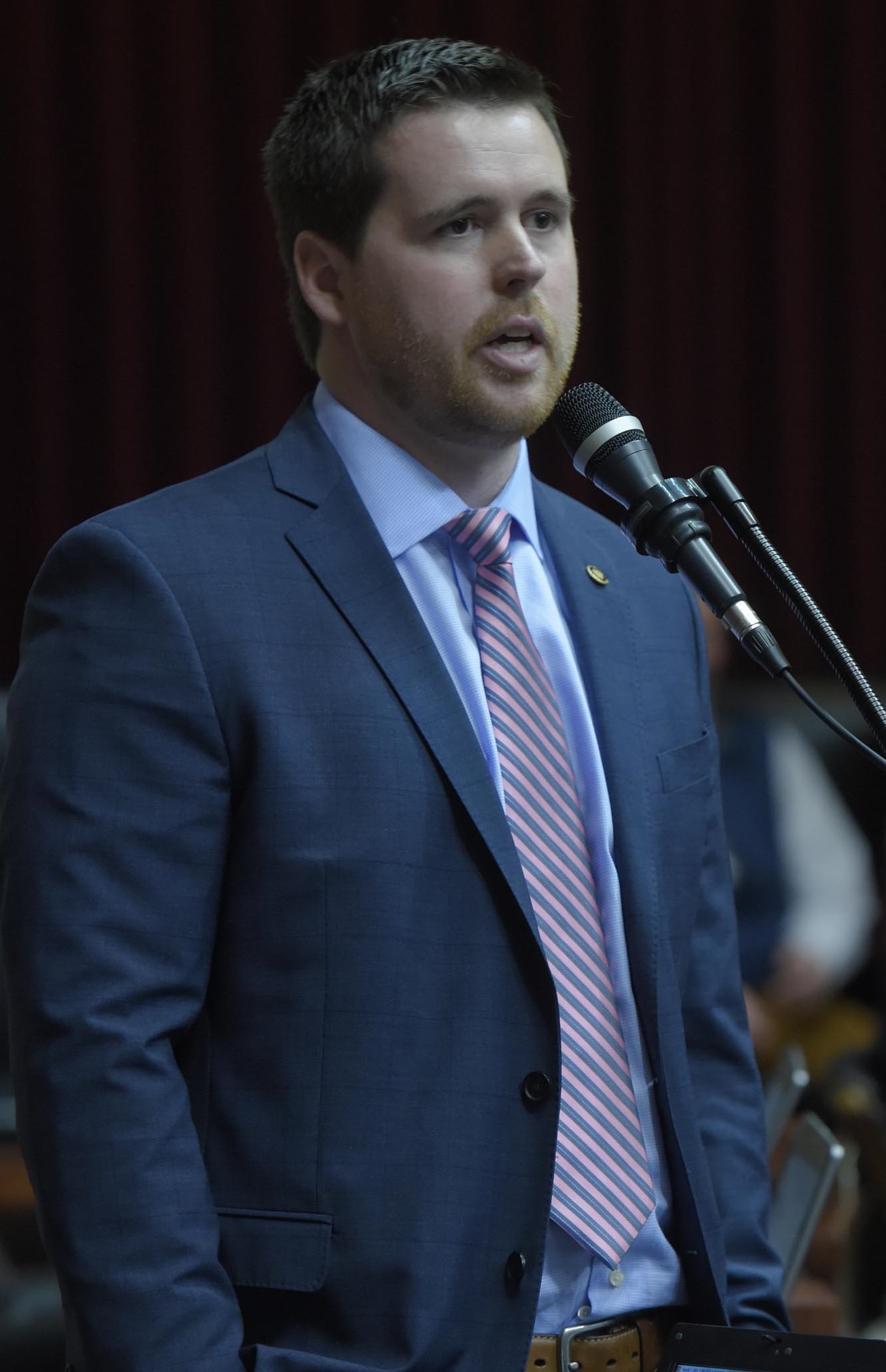House Republicans are fast-tracking bills meant to assert that only the state can set a minimum wage, while Democrats say the bills are a rushed effort that goes back on a promise legislators made two years ago to the people of St. Louis.
The state Supreme Court last week threw out 1998 language that prevented local governments from setting a minimum wage exceeding that set by the state. In response, Representatives Dan Shaul (R-Imperial) and Jason Chipman (R-Steelville) introduced on March 1 House Bills 1193 and 1194, respectively, both of which would bar political subdivisions from requiring a minimum wage exceeding that of the state.
“What I’m trying to do is ensure that a community doesn’t become fragmented and businesses don’t continue to move out of the State of Missouri or the City of St. Louis due to fragmentation,” said Shaul, who said having the minimum wage vary in different parts of the state would hurt businesses and cause confusion.
“The state minimum wage is called ‘the state minimum wage’ because it is the state minimum wage,” said Shaul.
Gladstone Democrat Jon Carpenter said the bills ask the legislature to reverse a decision it made two years ago.
House Bill 722, passed in 2015, also had language barring the setting of a higher minimum wage by local governments. It included a “grandfather clause,” allowing previous wage agreements between private vendors and the City of St. Louis to stand if they were enacted prior to August 28 of that year.
St. Louis enacted an ordinance on August 28, 2015, increasing its minimum wage first to $10 per hour this year and then to $11 per hour next year. Lawsuits delayed implementation of that ordinance, which is now set to take effect later this month.
Carpenter said lawmakers in 2015 agreed the grandfather clause would also allow to stand the new St. Louis minimum wage ordinance, and argued that pending pay hike is why the bills are being moved so quickly. Normally legislation goes through two committees before reaching the floor for debate, but these will go through only one. They also include “emergency clauses,” which would make them effective immediately upon being signed by the governor.
St. Louis Mayor Francis Slay (D), who traveled to the Capitol to testify against the bills, called it “unbelievable,” that the proposals were offered.
Republicans acknowledge the bill is being fast-tracked, but say that is to protect businesses from disruption.
The House Committee on Rules – Administrative Oversight heard, too, from some St. Louis restaurant owners who said the minimum wage hike would force them to chair their business models and let go of some staff, as well as from some St. Louis workers who said they struggle to survive on their current salaries and said the wage increase is needed for many people to pay for basic needs.
The committee, after more than three hours of testimony and debate, voted 10-4 along party lines to advance the bills.

